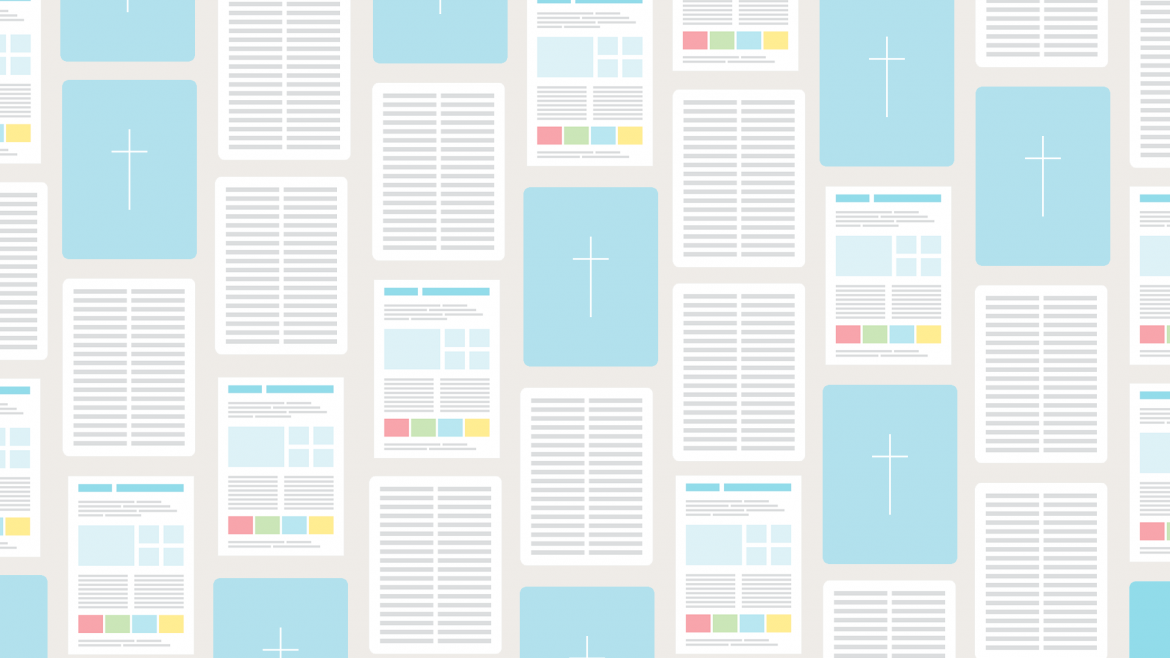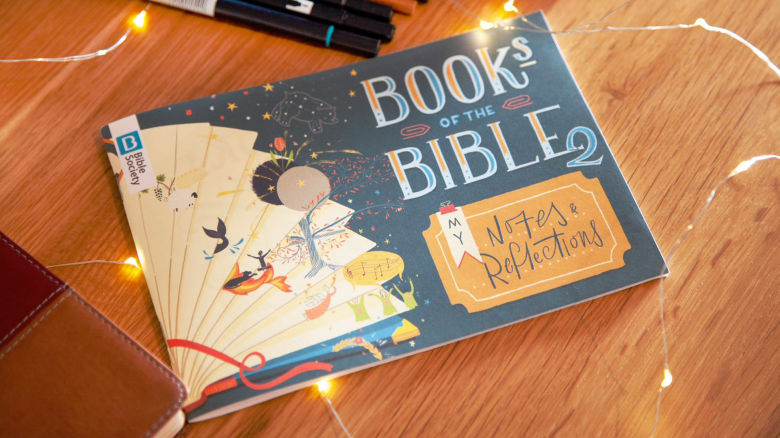The book of Deuteronomy is set up as a farewell sermon by Moses to the people of Israel before his death and before they begin their entry into the promised land. The book begins with Moses telling God’s people how they had arrived near the river Jordan (i.e. a recap of the story so far). It goes on to explain God’s covenant with his people, including an explanation of the Law, and to challenge the people to live up to the covenant and all it requires of them. The book ends with the death of Moses and a reassurance that God would keep his promises.
4 Hear, O Israel: The Lord is our God, the Lord alone. 5You shall love the Lord your God with all your heart, and with all your soul, and with all your might. 6Keep these words that I am commanding you today in your heart. 7Recite them to your children and talk about them when you are at home and when you are away, when you lie down and when you rise. 8Bind them as a sign on your hand, fix them as an emblem on your forehead, 9and write them on the doorposts of your house and on your gates. (Deuteronomy 6.4–9)
19I call heaven and earth to witness against you today that I have set before you life and death, blessings and curses. Choose life so that you and your descendants may live, 20loving the Lord your God, obeying him, and holding fast to him; for that means life to you and length of days, so that you may live in the land that the Lord swore to give to your ancestors, to Abraham, to Isaac, and to Jacob. (Deuteronomy 30.19–20)
Like Joshua and Judges, Deuteronomy states the need to drive the Canaanites from the promised land. We might well find this a difficult idea. What do you think is going on, and why?
Traditionally Moses was regarded as the author of the first five books of the Bible (Genesis–Deuteronomy), known in Judaism as the Torah and in Christianity often as the Pentateuch (or five teachings).
Today many scholars would argue that Moses was not the author of the Pentateuch but that these five books grew up over a long period of time and were written down and edited from oral tradition.
In 2 Kings 22.8, the high priest Hilkiah found ‘the book of the law’ in the temple and brought it to King Josiah. The reforms that Josiah carried out following that suggest that what Hilkiah found was Deuteronomy. This would mean that some of the book of Deuteronomy, if not all, existed before the exile in the time of King Josiah (640-609 BC).
Since one of the themes of the book is ‘choose life’, behind Deuteronomy lurks the fear that the people won’t – a fear that was realised at the end of 2 Kings when the people went into exile in Babylon.
At least in part, Exodus, Leviticus and Numbers, which are all set around the time of the giving of the law.
Deuteronomy, like Exodus, falls into two categories:
1.1–4.43 Moses’ first speech to God’s people, in which he reminded them how they got where they were
4.44–28.68 Moses’ second speech, reflecting on the covenant
29.1–30.20 Moses’ third speech, inviting God’s people to choose life
31.1–34.12 A selection of passages including the appointment of Joshua and the death of Moses
There will be lots of names you will not know; don’t worry if you can’t place them all. The key ones are given below.
Kadesh-barnea, Horeb, Moab, Eshcol, Mount Seir, Bashan, Argob, Bashan, Canaan, Dan, Dead Sea, Ephraim, Euphrates, Gaza, Gilgal, Gomorrah, Hermon, Israel, Judah, Lebanon, Mesopotamia, Moab, Mount Gerizim, Mount Hermon, Mount Horeb, Mount Seir, Mount Sinai, Negeb, Paran, Shephelah, Sinai (Peninsula), Sodom
Amorites, Joshua son of Nun, Anakim, Hittites, Girgashites, Amorites, Canaanites, Perizzites, Hivites, Jebusites, Ammonites, Asher, Balaam, Benjamin, Edomites, Isaac, Issachar, Jebusites, Joshua, Levi, Levites, Manasseh, Moabites, Moses, Rephaim, Sidonians
Altar, Ark of the Covenant, Baal, burnt offering, cubit, Feast of unleavened bread, glean, Hebrew, idols, Passover, Pentateuch, priest, Sheol, threshing floor, Urim and Thummim, tithe, Torah, wadi
Right at the heart of Deuteronomy lies the covenant between God and his people. Look out for the theme of the relationship between God and his people: especially what God promises that he will do for his people and what he asks from the people in response.
One of the key themes of Deuteronomy (as well as Joshua, Judges, 1 and 2 Samuel and 1 and 2 Kings) is that God always keeps his promises. Notice the theme of God’s promises as it runs through the book.
Also keep an eye out for blessings and curses (which you will find especially in chapter 28).
Christians often struggle with the laws in the Torah. Paul makes it very clear that the law no longer binds us in the way it did for the people of Israel. As a result, it is easy to see the law as entirely negative. Reflect on the laws as you read and what sense you can make of them in the context of a relationship with God.

Here are 8 handy tips to get your book club up and running.

Here are some ideas to get you started.

Unsure of the meaning of a word or phrase in the Bible? Check our glossary of terms.
Books of the Bible journal: 2nd Edition
Journey through the Bible, one book at a time, with the 2nd edition of our Books of the Bible journal.
